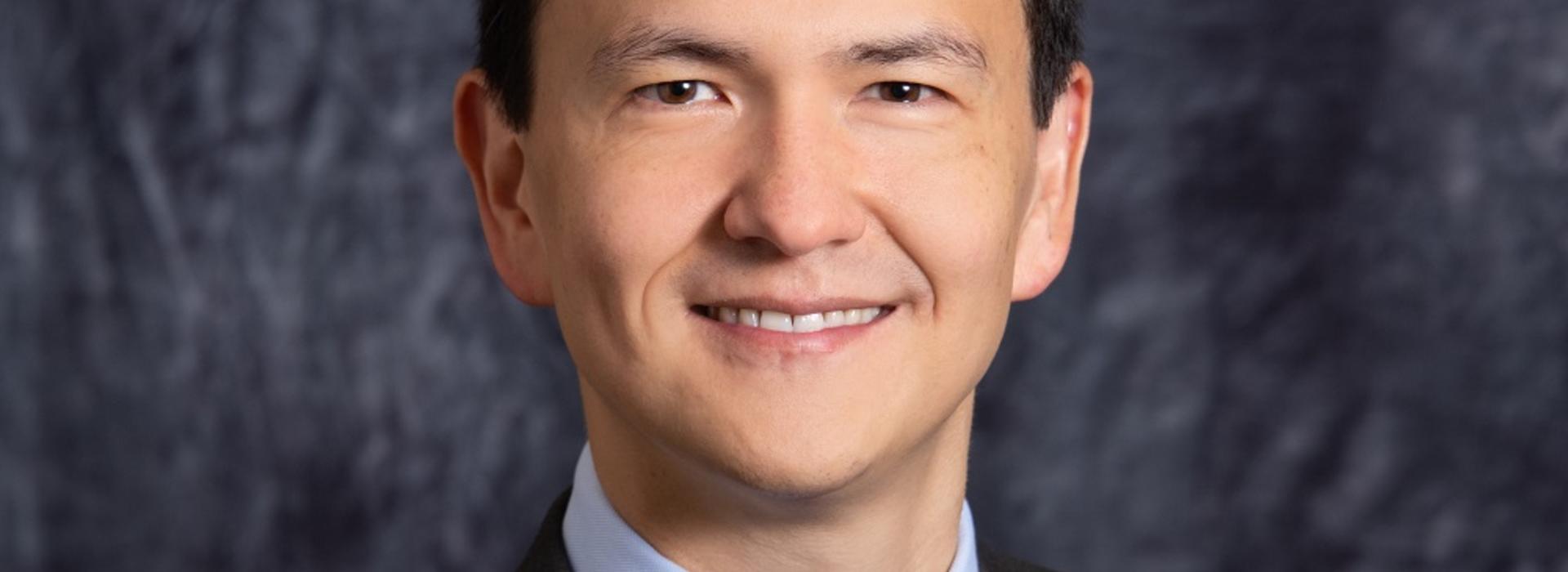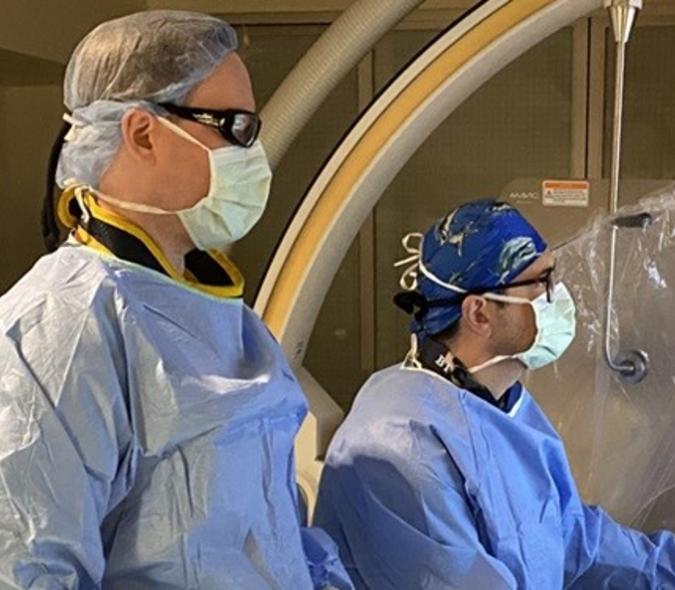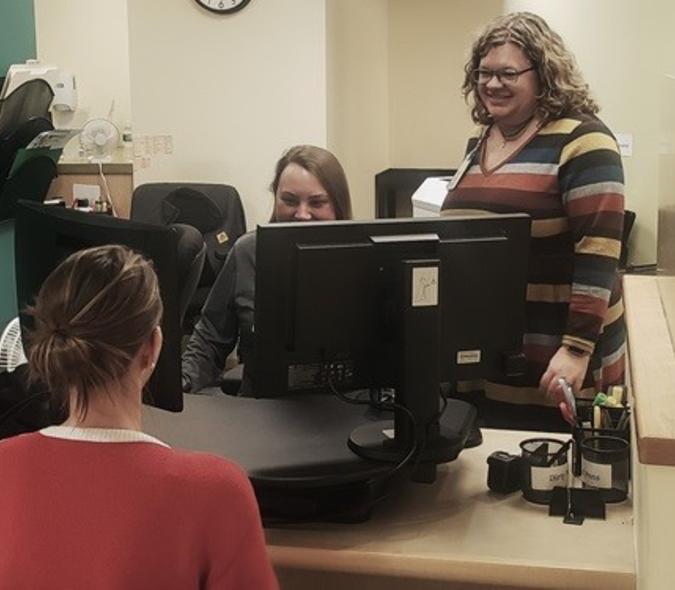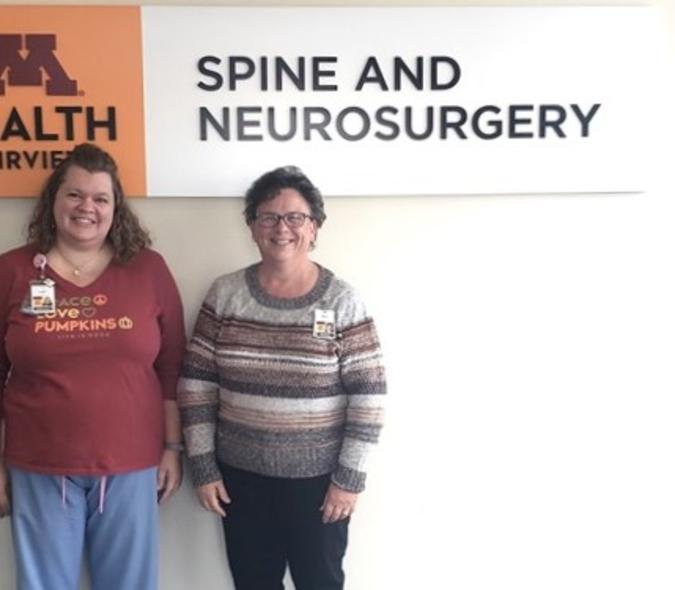
Faculty member named 2020 Forbeck Scholar
Andrew Venteicher, MD, PhD, was recently selected as one of four national 2020 Forbeck Scholars. “The Forbeck Scholar designation is an acknowledgement of research excellence by the William Guy Forbeck Research Foundation and one of the most prestigious appointments for a cancer-focused researcher,” said Neurosurgery Department Head Clark C. Chen, MD, PhD, in an internal announcement about the award.
“Scholars are selected from an international pool of candidates who have published impactful research in well-respected journals, including Science and Nature. The competition for this highly selective award is fierce. In my mind, this appointment carries the same prestige as that associated with the Rhodes Scholarship for post-graduate studies,” continued Chen.
Unique focus
The Forbeck Scholar program has a unique focus. In addition to an annual Scholar Retreat held in October in Lake Geneva, WI, the Foundation gathers experts from around the world to discuss focused topics during several annual Forbeck Cancer Forums. “The point is to bring unique views to think about new ways to address the problem being discussed,” Venteicher said. “It’s almost more of a brainstorming or think tank approach rather than simply presenting your latest research. One of the best things about it is its emphasis on bridging the gap between basic research and clinical applications to help patients.”
At every forum, there are about 12 senior-level scientists who are renowned in their area, according to Venteicher. “Then they bring in one to three scholars who are new to the field and have a unique perspective,” he said. “It’s a fantastic opportunity and an honor to be able to participate.”
Exploring synthetic lethality
Venteicher recently returned from his first Forbeck Cancer Forum held in San Diego, CA. “The session focused on drug design and synthetic lethality,” he said. “We explored the idea of targeting cancer using multiple approaches to reveal new vulnerabilities. It’s like a one-two punch – using one drug to expose a vulnerability that you can then treat with a second drug.” Venteicher shared the work he was doing to analyze patient-to-patient differences between skull base tumors to reveal new vulnerabilities that can be used for treatments.
In addition to the rather intimidating opportunity to talk about his work with renowned scientists, Venteicher was able to make connections during the forum. “After my talk, one of the experts from Europe told me that he had a personal connection to the work I’m doing and asked if we could have an opportunity to collaborate,” he said. “We’ve spoken since the conference.”
Venteicher’s experience as a Forbeck Scholar aligns beautifully with the work the U’s Neurosurgery Department is doing. “One of the things we want to focus on here is to level the playing field and get clinicians and researchers to talk to one another on an ongoing basis,” he said, adding, “So we can really do cutting-edge translational work to improve the standard of care for our patients.”
More about the Foundation
Chen noted in his announcement about Venteicher that the William Guy Forbeck Research Foundation was established in 1984 by George and Jennifer Forbeck, in memory of their son, Billy, who was diagnosed with neuroblastoma. “The foundation aims to drive communication and collaboration among the most brilliant minds in cancer research, with the mission of promoting cancer research,” he wrote. “The Foundation also directly supports research that it deems necessary to help achieve its goal. Selected Scholars are invited into this unique network and funding source.”



